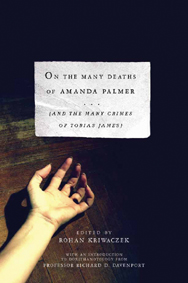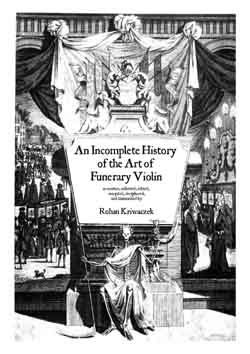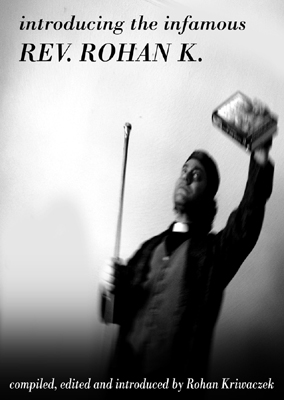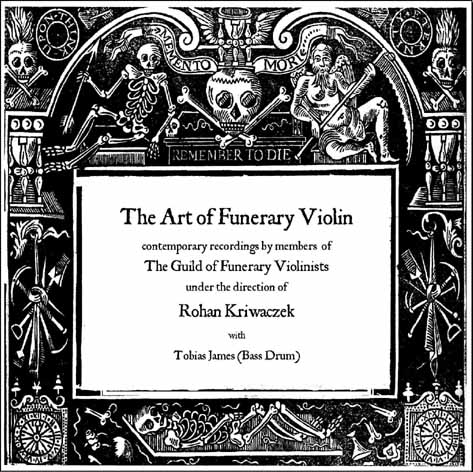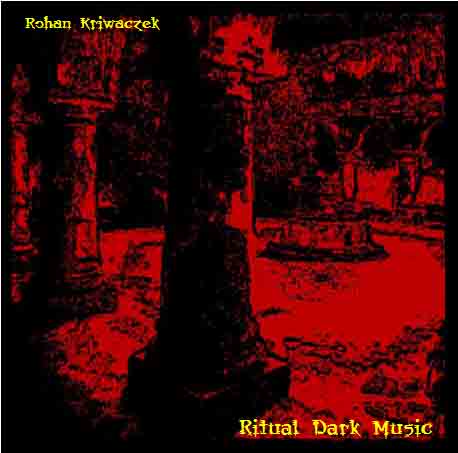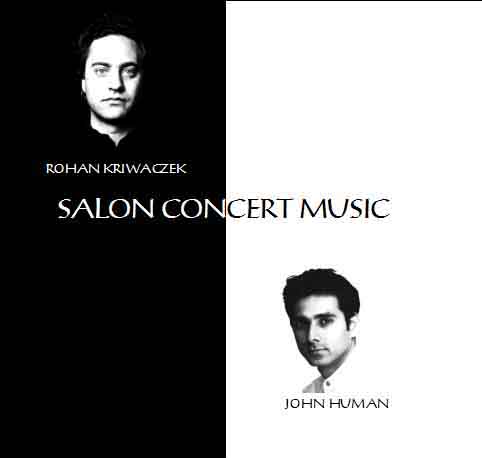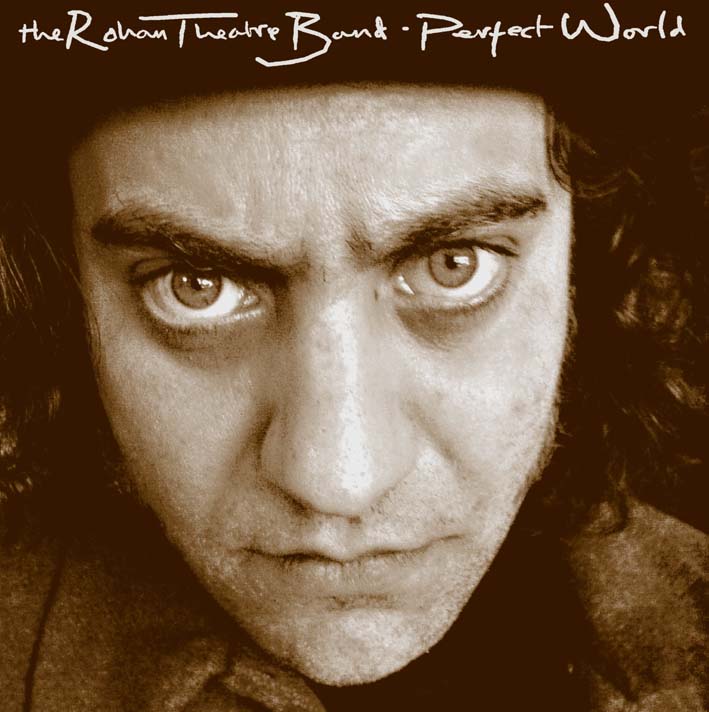to download this article as a free ebook click here
page 3 of 5
Having spent the previous fifteen years working primarily as a composer and arranger for Big Bands, Willie now had to compete with the jobbing musicians hanging out on Archer Street, hoping to get picked out for a gig, and it was there that he first came upon the many Caribbean musicians that had come across in the previous years on the Empire Windrush and the many other boats that followed it during the late 1940s. Small groups would jam together on street corners all along Archer street throughout the early 1950s, showing off their skills and style and would later gather at the Rehearsal Club, also on Archer Street, and play together through the night. Initially Willie hung out with the other Jewish jazzers he had known for years, but he found himself increasingly drawn to the more musically colourful and exotic tones of the Caribbean immigrants, at one point forming a short-lived quartet with Jamaican musicians Pete Pitterson and Joe Harriott in which Willie played the Bass. But things were not going well, money and regular work were proving to be a problem, and so he decided to reassert his Zionist zeal and head for Israel. Early in December 1952 he boarded the Northern Star and embarked upon the three week voyage to Israel.
Willie arrived in Israel on December 22nd 1952, during an unusually powerful storm, and had to wait two days before embarking. He was housed in one of the ma’abarot camps, a tented city ankle deep in mud with no sewage or water facilities. Unemployment was rife and Willie found his skills as a musician were of no value in this environment. In addition saxophone reeds were not available and he had brought only 2 spares which quickly wore out leaving the only instrument he had brought with him entirely redundant. Life proved very hard in the early years of Israeli independence, and coming from the relative wealth of London he found he was less well equipped both emotionally and physically than the many holocaust survivors and Eastern European immigrants for whom poverty had always been a way of life. It was four months before Willie was finally given a place in one of the collective farms, or kibbutz, and he spent the following eighteen months tending to a field of avocados. But Willie was not happy; his Kibbutz experience undermined his faith in both Zionism and Socialism, and he decided it was time to go home. Finally, in September 1954 he had had enough and sold his fine Selmer saxophone to buy himself a ticket back to England.
A frustrated and disillusioned Willie arrived back in England to find his compositions, arrangements and playing style had become outdated and was no longer wanted or appreciated. He was disillusioned with Zionism, disillusioned with socialism, even disillusioned with music itself, and so, one afternoon in 1958 he unexpectedly found himself standing outside the Central Synagogue on Great Portland Street, contemplating if he should venture inside. He describes the moment in a fragment from an unfinished memoir amongst Walter’s collection:
It suddenly struck me that despite my Zionism, despite wearing a yarmulke during the war; even despite my time in Israel I hadn’t entered a synagogue since my childhood. And yet something was calling me inside, some irresistible force, and all I could do was follow. As I entered the magnificent main hall it all came flooding back to me; how my grandparents had taken me to synagogue every Friday and Saturday, the blessings over the candles and food at dinnertime, the old Yiddish tunes my grandpa would play on his wheezy accordion; all of it. And suddenly I realised it was not that I was Jewish; it was that I was a Jew. Although at the time I was not certain quite what that meant I could feel it to be true in my heart. Over the next few months I came to many different conclusions and interpretations, and however right or wrong they may have been they were to change for good the way I led my life, and the music that I was to both write and play...
... Ultimately, for me, it came down to an issue of identity, ethnicity. I was neither English, nor Israeli, nor Russian as my parents and grandparents had been, and yet I was connected to them all. And so I realised that that is what it is to be a Jew; to encompass them all and yet ally myself to none; to dress myself in the surrounding culture whilst knowing that underneath it all I was “other”... and so I tried to express this complex interrelation of cultures and ideas in my music: and to that end I created Solomon Schwartz – a man so comfortable with this “otherness” that he could look both forwards and backwards, inwards and outwards without compromising at any point the Jew that lay beneath. It became to me a mandate to break free from the structured perceptions that so sternly dictate what is and isn’t acceptable within music and indeed the whole of society...
... and so I resolved to form a band that took these aspirations and wore them on its sleeve.
..
[The above lines were written in 1965, only months before his death. Had he lived to see the social revolutions of the later 1960s, the klezmer revival of the early 80s, and the fashion for ethnicity that dominated the 90s world music scene he may well have felt differently, but the early 1960s were still dominated by the old social structures and definitions.]
Little is known about Willie’s life during the last few years of the 1950s. According to Walter he was gigging under the names Danny Cohen and Eric Israel at various Butlins holiday camps around the South East, but it is clear he must have also been making arrangements and gathering together musicians as the Solomon Schwartz Yiddish Twist Orchestra is known to have debuted at the Don Juan Room on February 29th 1961, and indeed by all accounts, or rather, judging by Walter’s account, it was an instant moderate success, providing Willie with the regular work and income he hadn’t managed since the end of the war. By the spring of 1962 he was earning up to £15 per gig as bandleader and was able to pay his musicians £10, a fee previously reserved for only the top orchestral players. That summer the Yiddish Twist Orchestra became the resident dance band of the Astor Club, playing one of the most sought after dance nights in London, and on July 22nd 1962 they signed a two album contract with EMI Records. However, the glory days were soon pass as, on October 5th 1962, The Beatles released their first single heralding the decline and ultimate total collapse of the instrumental dance band culture. The first of these two albums was recorded at Abbey Road studios on August 18th, but before its release, due the following March, EMI decided to drop the project, correctly recognising the runaway success of guitar based bands as the future. Willie was however able to negotiate the master tapes as part of the severance deal and the album was finally released in June 1963 on Schnorer Recordings, a small Jewish label based in Golders Green. That was the record Bubbe used to play on every family visit, the record I hadn’t heard since my childhood, that had haunted and informed my own development as a musician ever since; and so when Walter first put the needle down into its grooves my delight and surprise were matched only by the flood of childhood memories it evoked.
|

